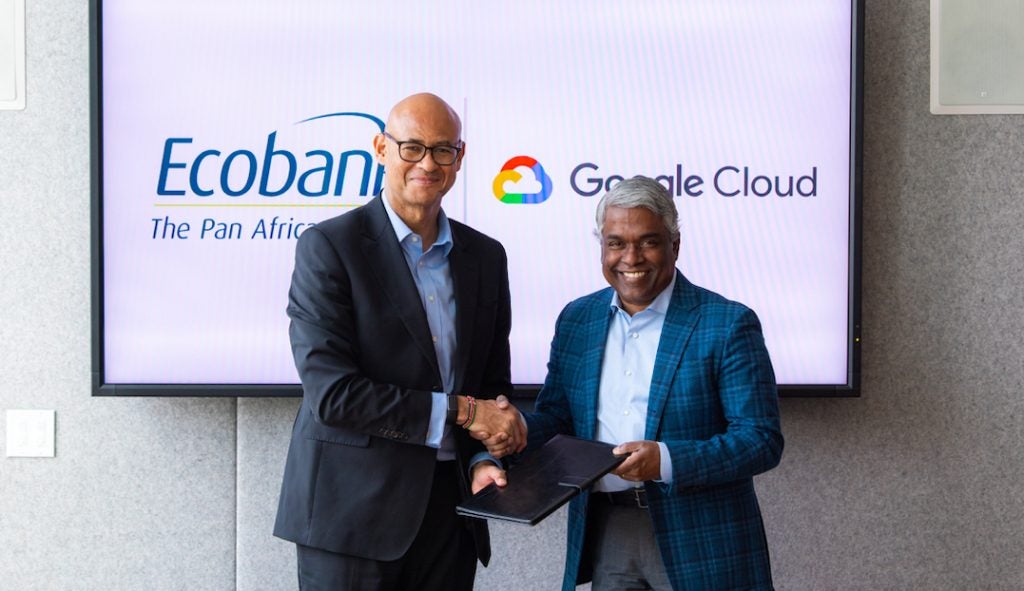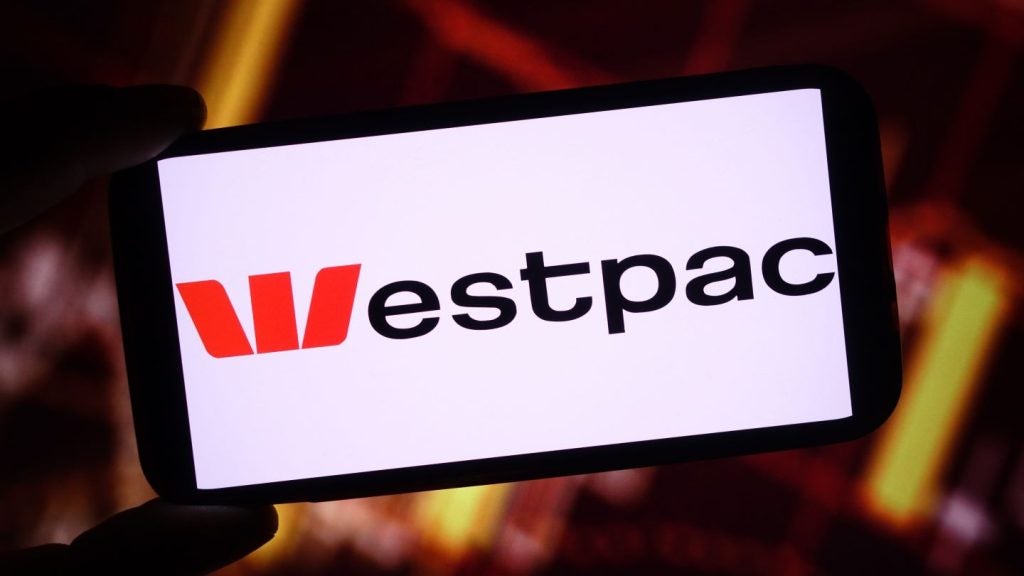Challenger Banks vs. Incumbent Banks: Strategies
The retail banking industry has seen a rapid digital acceleration over the last five years, resulting in customers being offered a more convenient, tailored level of service, which traditional retail banks are currently struggling to match. From an industry outsider’s perspective, the rise of the challenger banks has put increasing pressure on traditional institutions who now need to strategise how they are going to compete and retain their market share.
The UK’s largest challenger banks, Monzo, Revolut, and Starling, among others, offer more targeted solutions to customers than traditional banks have done previously. By providing greater personalisation and a more customer-oriented approach to banking, they have created a real challenge for the long-standing incumbents. They’re agile and committed to building services and products that truly meet customer needs.
Rising consumer expectations
The need for this level of bespoke, seamless service was born out of the conditioning of consumers to expect everything at the push of a few buttons on their smart phones, especially if we consider the impact the pandemic has had on the way most consumers want to interact with service providers. They want and expect a frictionless experience in all walks of life, and banking is no longer the exception. The challengers often achieve this with additional features like helping customers set budgets easily and tracking spend over the course of a month, for example.
Monzo-5 million customers and counting
And the results speak for themselves. Monzo is now nearly reaching 5 million account holders and these banks are reported to have raised $94.7bn in funding in the first three quarters of 2021 alone.
The size and nature of the way traditional banks do business does not lend itself well to trying to beat these challengers at their own game. They need to reassess how they are going to compete and devise strategies to retain their customer base in the long-term. There is a real opportunity, as we’re emerging from the pandemic, for traditional banks to play to their own strengths and seek to add value to their customers’ experience as they seek to retain their market share.
With the banking industry facing digital disruption, post-Brexit regulatory change, increased competition and operating a post-pandemic world defined by ongoing uncertainty, the opportunity is there for traditional banks to tap into new streams of revenue and diversify their product offerings for their customers.

US Tariffs are shifting - will you react or anticipate?
Don’t let policy changes catch you off guard. Stay proactive with real-time data and expert analysis.
By GlobalDataConsidering partnerships with reputable financial services brands, such as an intermediary firm, will allow banks the opportunity to future-proof themselves and retain an edge over their tech-driven competitors. Providing a greater range of products to customers, such as life insurance, under the banner of the bank’s brand would ensure customers are presented with a more holistic and personalised service that adds value and makes their life easier. Equally, banks will enhance their position in the market if they are more responsive to customer needs, invested in personal financial wellbeing and dedicated to offering a wide range of choice with their product offerings.
Offering a financial product service through effective partnerships with other financial services brands allows retail banks to provide customers with additional services that add value and that they might not be able to get elsewhere.
We’re currently witnessing large-scale innovation in the banking sector. Emerging trends, including the continued development of open banking, should play into the hands of traditional banks with their masses of customer data and the opportunity to tap into insights from this. Partnering with trusted intermediary firms presents a viable strategic option for traditional banks to diversify their services. Ensuring that the customer experience is the main priority will help to future-proof retail banks, generate new revenue streams, help to grow the customer base, and ultimately defend market share which can only be an incentive to make this a priority.

Steve Marshall is CEO of Reassured – the UK’s largest life insurance broker







